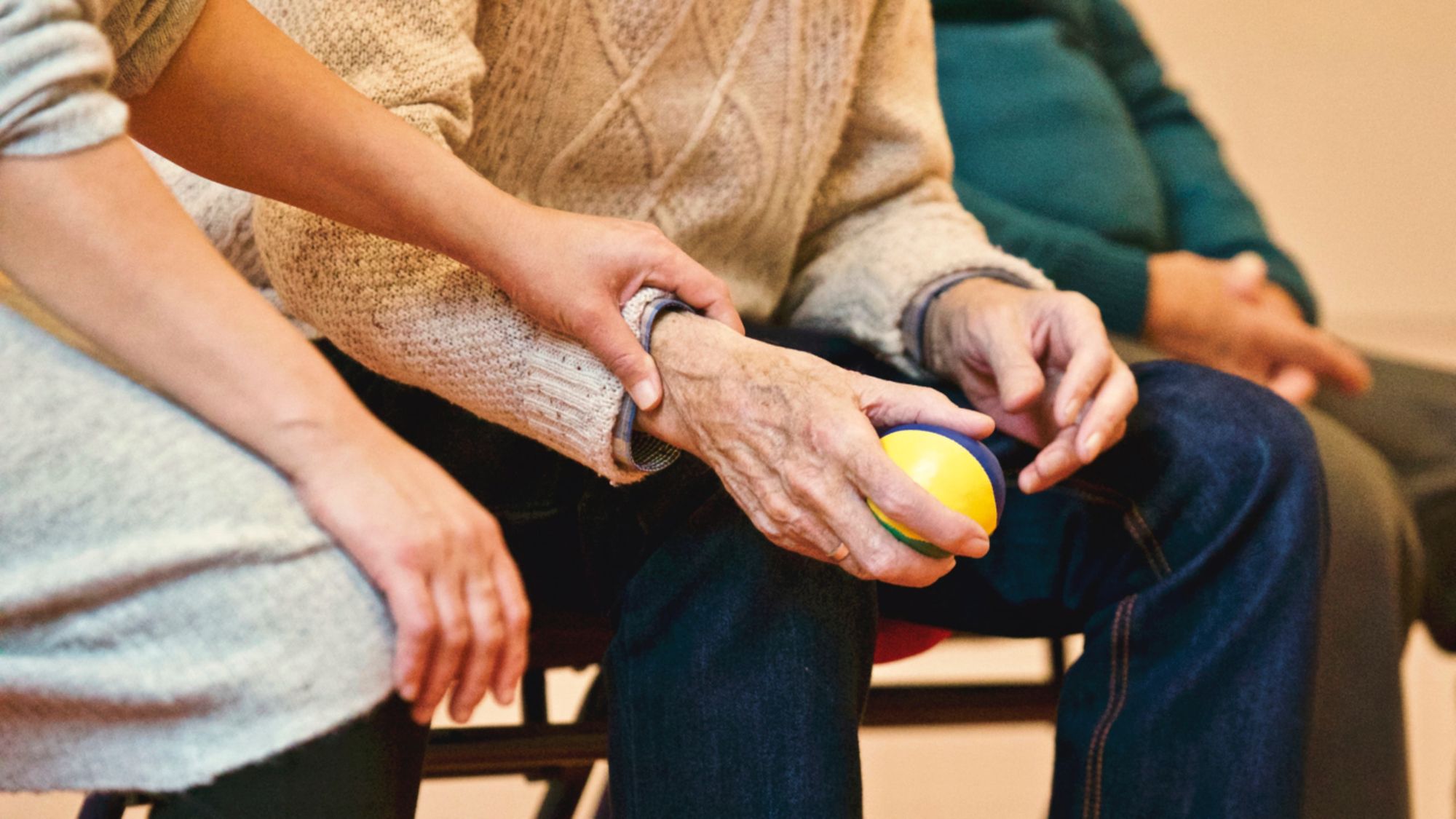5 Ways to Maintain Hygiene in the Workplace
Reading Time:
Reading Time:

There is not much you can do about how many sessions are on your calendar or the smell of fish from the microwave that wafts through the aisles as you work. Or about the new, spicy perfume of the man in the next cubicle. Maintaining your personal hygiene in the workplace may not remove any of these obstacles, but good hygiene practice at least means that you won't contribute to the melting pot of office smells and you might even be able to avoid a few colds or the flu.
Good office hygiene goes beyond washing the hands of employees before returning to work. Read on to learn five easy ways to maintain personal hygiene in the office, from flossing on the desk to washing your hands. First, we'll look at how to put together a work-friendly hygiene emergency kit.
Who among us hasn't poured coffee into a shirt or dripped dressing on a lap? Welcome to your working day. To keep every little personal hygiene emergency in the office under control, keep a small bag of travel-sized toiletries and other practical items in your desk. These include items such as a needle and thread to mend an open seam or a lost button, a hairbrush or comb, deodorant or antiperspirant, plasters, a clean shirt to change (if coffee has spilled), dental floss, toothpaste and a toothbrush.
Caught without a toothbrush? Try crunchy fruits and vegetables like celery or apples that help you clean your teeth when you chew.
Seventy-five percent of office workers admit to doing it, two to three times a week. That means they eat lunch at their desk. Do you do that?
Studies have shown that not only can mustard drip on the suit, but that converting the work cabin into a makeshift restaurant can also increase the germ factor at the desk. It is a good policy not to eat from a surface with more than 1,000 bacteria per square inch, but most desks harbor about 21,000 bacteria per square inch Let's put that into perspective. Most toilet seats have less than 1,000 bacteria per square inch. And a kitchen sponge can contain more than 50 million microorganisms - by far one of the dirtiest things in your house. Unless you are very demanding when it comes to cleaning your workplace - and which of us is? maybe you should think again about eating at your desk.
If you regularly exercise during the working day, make sure you plan ahead with a well-packed sports bag. You should pack at least the following items:
Showering regularly helps to remove the dirt you see on your skin, as well as bacteria and other foreign bodies hidden from the eye. Bathing in warm water (not hot, as you risk drying out your skin) and foaming with a gentle cleanser will help remove dead skin cells and potentially toxic microorganisms, as well as flush secretions from your Apocrine glands. Apocrine glands are the sweat glands that secrete a thick, sugary protein, and they are abundant in our armpits, groin and scalp. This thick, greasy sweat causes body odor when the bacteria living on our skin begin to break it down. Daily showering and freshly washed clothes help to reduce body odour to a minimum.
When asked if they would stay home from work because of cold or flu symptoms, many American workers said no. About 44 percent could go to work despite a fever and beware of the 32 percent who plan to go to work no matter how sick they are. The best way to fight germs at work - and elsewhere - is to wash your hands.
Make sure that you use the correct technique for washing your hands. A quick rinse under cold water is not good enough. Use soap and warm water and wash your hands for at least 15 to 20 seconds - and don't forget to pay close attention to your nails and wash up to your wrists. If you can't wash your hands, put a container of hand disinfectant (a container containing at least 60 percent alcohol will do the job) in your desk.